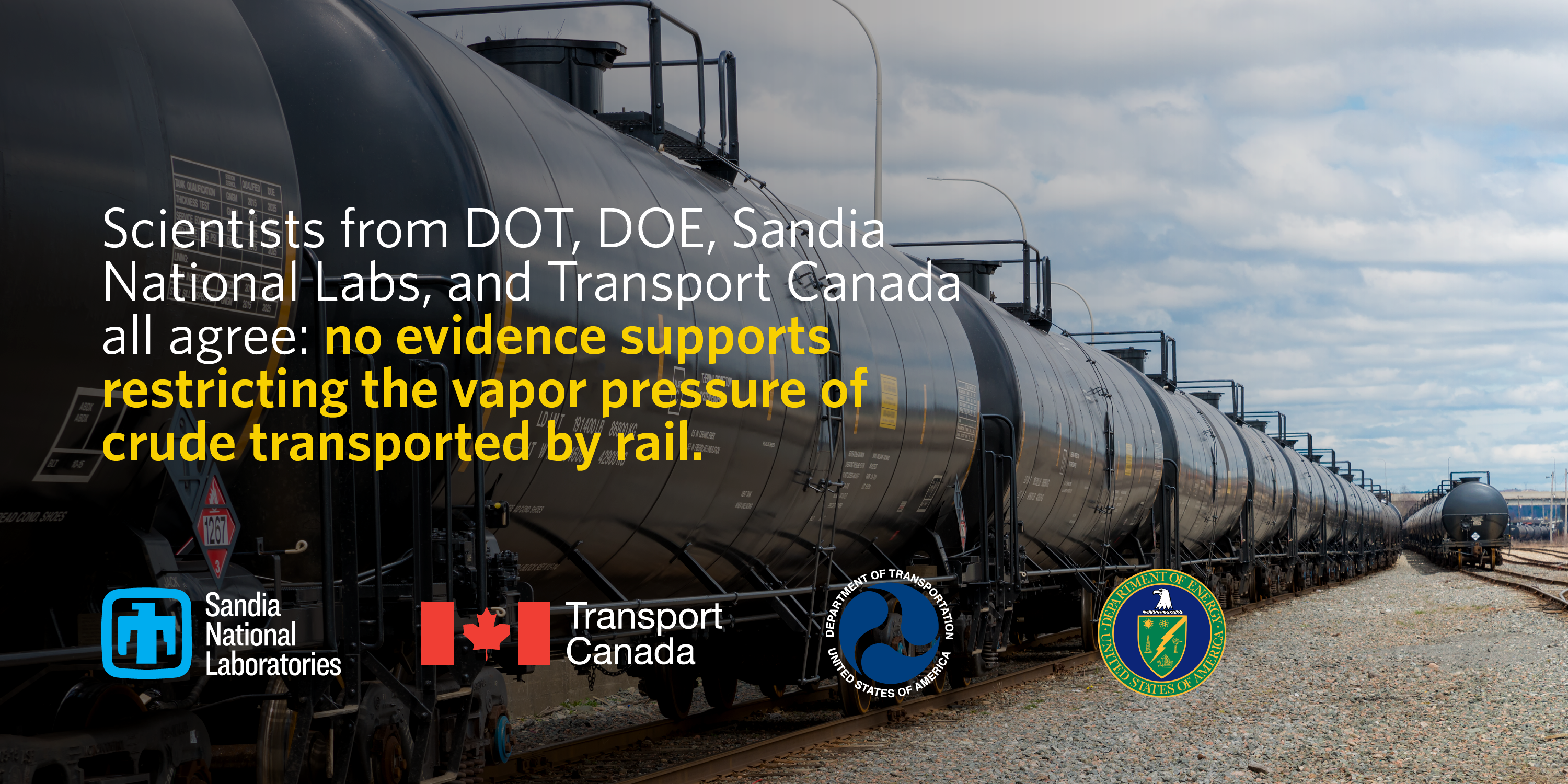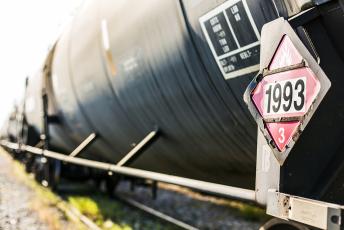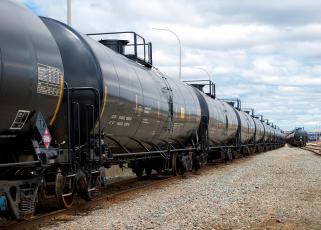An exhaustive study by top scientists at three government agencies in two countries (DOT, DOE, and Transport Canada) has found no evidence for restricting the vapor pressure of crude oil transported by rail. These definitive findings reaffirm that state and federal efforts seeking to limit crude-by-rail vapor pressure have no scientific basis.
The study, conducted by Sandia National Labs and which was started under the Obama Administration and submitted to Congress this week, brought together experts in chemical, environmental and mechanical engineering to conduct a comprehensive examination of the chemical and physical properties of crude oil.
The researchers examined oil from the Bakken, the Permian Basin and crude oil stored in the federal Strategic Petroleum Reserve, each with a different vapor pressure. After rigorous research and testing, the study concluded that vapor pressure is not a statistically significant factor in affecting the outcome of thermal hazards during a derailment. The study authors also concluded their findings could be applied to “crude oils and most hydrocarbon liquids that exceed the vapor pressures of the crude oils tested here.”

A thorough inspection of existing research and new data found that there is no scientific support for making regulatory distinctions based on vapor pressure, with the study concluding “the results from this work do not support creating a distinction for crude oils based on vapor pressure with regards to these combustion events.”
“The Sandia report confirms that the vapor pressure of crude in rail transport has no impact on the consequences of a derailment, and that the results of the Sandia study do not support creating a new regulatory distinction for crude oils based on vapor pressure,” said Rob Benedict, AFPM Senior Director, Petrochemicals, Transportation, and Infrastructure. “These findings, based on three years of extensive study, further demonstrate that DOT/PHMSA should rescind its open rulemaking to set a nationwide vapor pressure standard and that the state of Washington’s unlawful attempt to regulate the transportation of crude oil based on vapor pressure is flawed and does not enhance rail safety. Such unnecessary regulation would increase costs for a U.S. energy sector that is already facing tremendous challenges due to COVID-19 and would not improve safety. Though efforts at the federal and state level to implement vapor pressure limits have always lacked the scientific evidence to support such an action, the findings of the Sandia study confirm that such an action has no basis in sound science. To address the root cause of derailments that release hazardous materials, DOT must refocus its efforts on improving track integrity and reducing human error in rail operations.”


